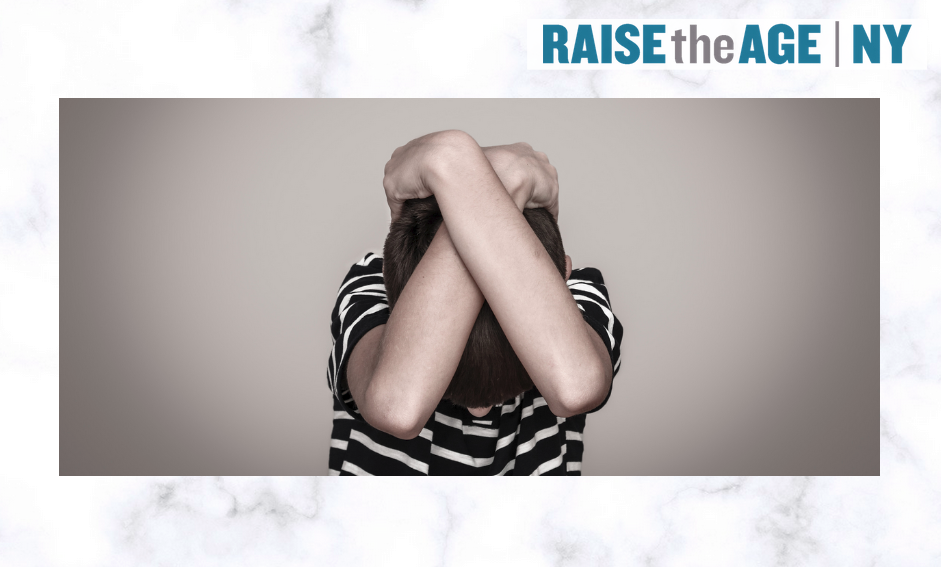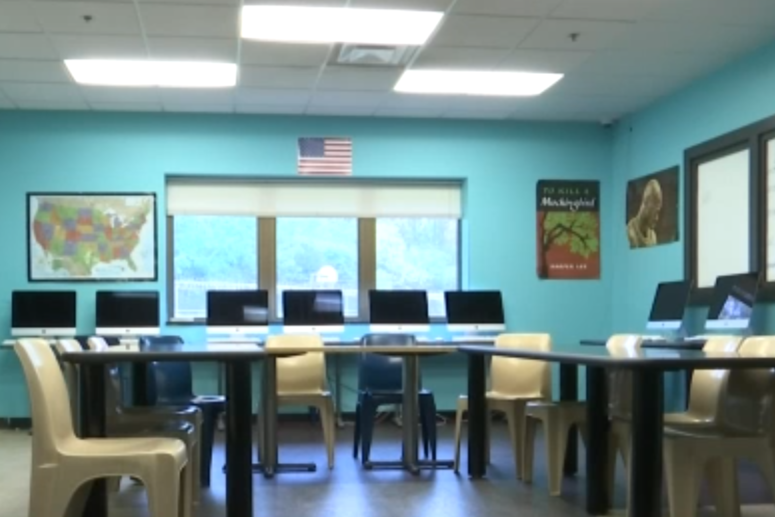Together, we call on the New York Department of Corrections and Community Supervision (DOCCS) to eliminate solitary confinement for adolescents in Raise the Age facilities, and we echo the #HALTsolitary Campaign’s call for New York to adopt all provisions of the HALT Solitary Confinement Act.
Read our key points below, or download our full letter by clicking here or the button at the bottom of the page.
-
-
-
Despite stating that adolescents are “Special Populations,” they continue to be subject to solitary confinement under these proposed rules.
In June, Governor Cuomo announced that these proposed regulations would include “strict prohibition of placement of vulnerable incarcerated individuals such as adolescents,[…]within a special housing unit for solitary confinement.” Despite this commitment, under these rules, teenagers can be locked in their cells for 18 to 22 hours a day for months on end.
-
The same protections should apply in all settings where youth are held.
The proposed rules are especially egregious because they codify practices that impermissible under other state rules for young people of the same age. New York’s Office of Children and Family Services (OCFS) facilities do not permit the prolonged isolation of young people for 18 to 22 hours a day. Moreover, Specialized Secure Detention facilities established under Raise the Age for Adolescent Offenders who are held pre-trail prohibits units like Adolescent Offender Separation Units, allowing only for highly limited room confinement “with the goal of releasing the youth from confinement as soon as possible.” Confinement cannot be used for punishment or discipline.
It is shocking and absurd that adolescents can be protected from solitary confinement one day, and then subject to it the next, depending on which state agency is managing their custody. Provisions relation to the use of Adolescent Offender Separation Units should be withdrawn, and the regulations should parallel the rules established for Adolescent Offender Specialized Secure Detention facilities, severely limiting their use and function.
-
The proposed rules fail to adequately protect others in the Department of Corrections and Community Supervision (DOCCS) custody from the harm of solitary confinement.
The proposed regulations continue to permit people to be locked in solitary confinement for years through consecutive cycles of “time-limited isolation.” They also fail to address the urgency of the issue, taking years before imposing necessary limitations on how long a person can be subjected to solitary confinement, and continuing to permit extended periods of in-cell isolation for non-violent behavior. We echo the #HALTsolitary Campaign’s position that these proposed rules are inadequate. New York must adopt all the provisions of the HALT solitary Confinement Act.
-
-
This letter is signed by the following lawmakers and organizations:
Assemblywoman Ellen Jaffee, Chair, Committee on Children and Families
Assemblyman Joseph R. Lentol, Chair, Committee on Codes
Assemblyman David I. Weprin, Chair, Committee on Correction
Campaign for Youth Justice
Center for Children’s Law and Policy
Center for Community Alternatives
Children’s Defense Fund-New York
Children’s Rights
Citizens’ Committee for Children of New York, Inc.
Covenant House New York
Disability Rights New York
Empowerment Collaborative of Long Island, Inc.
Families Together in New York State
Girls for Gender Equity
Justice Policy Institute
Lawyers for Children
Monroe County Public Defender
NAACP New York State Conference
National Juvenile Justice Network
New Hour for Women and Children – Long Island
R Street
Schuyler Center for Analysis and Advocacy
Stop Solitary for Kids
The Children’s Agenda
The Legal Aid Society
Unchained
Westchester Children’s Association
Youth Represent

